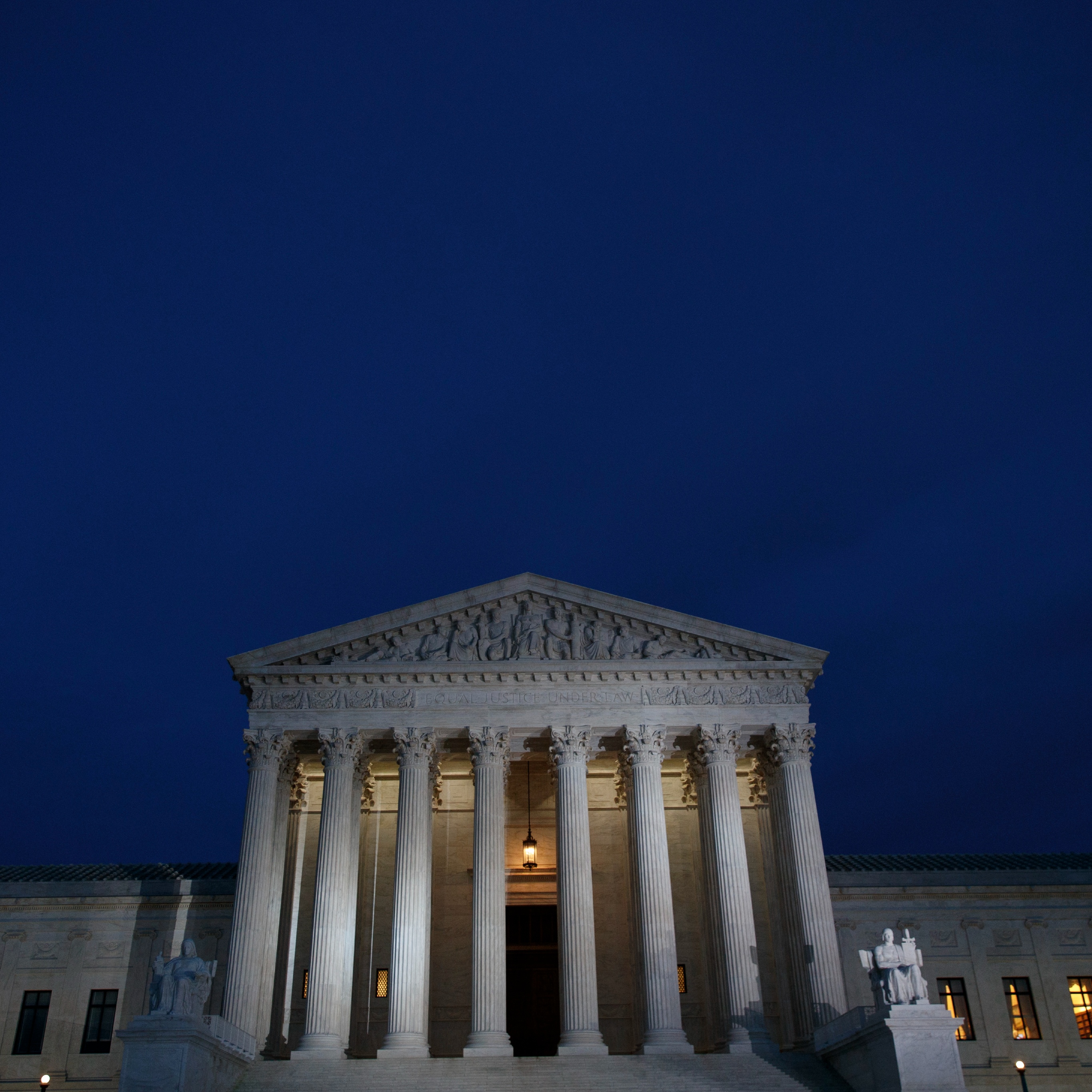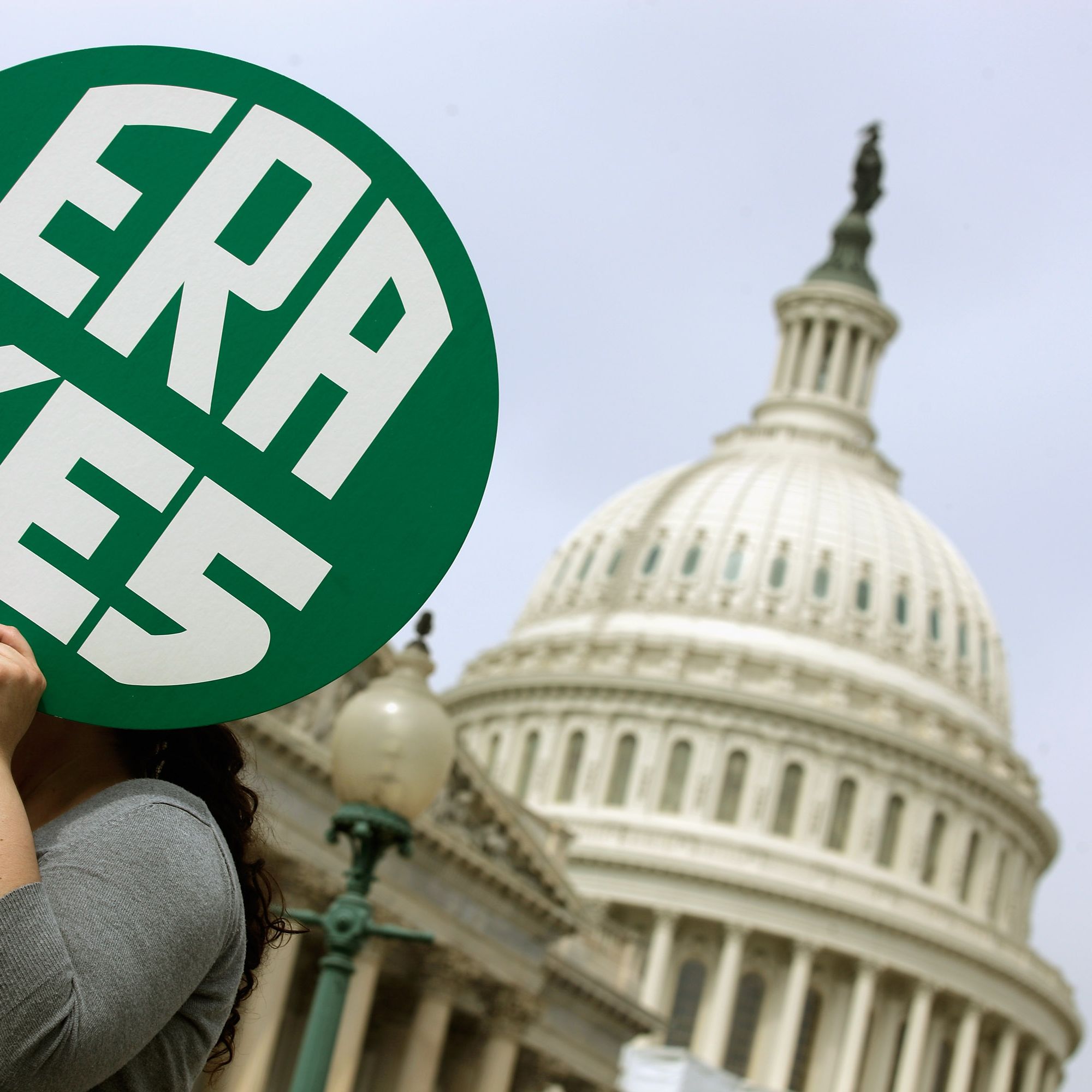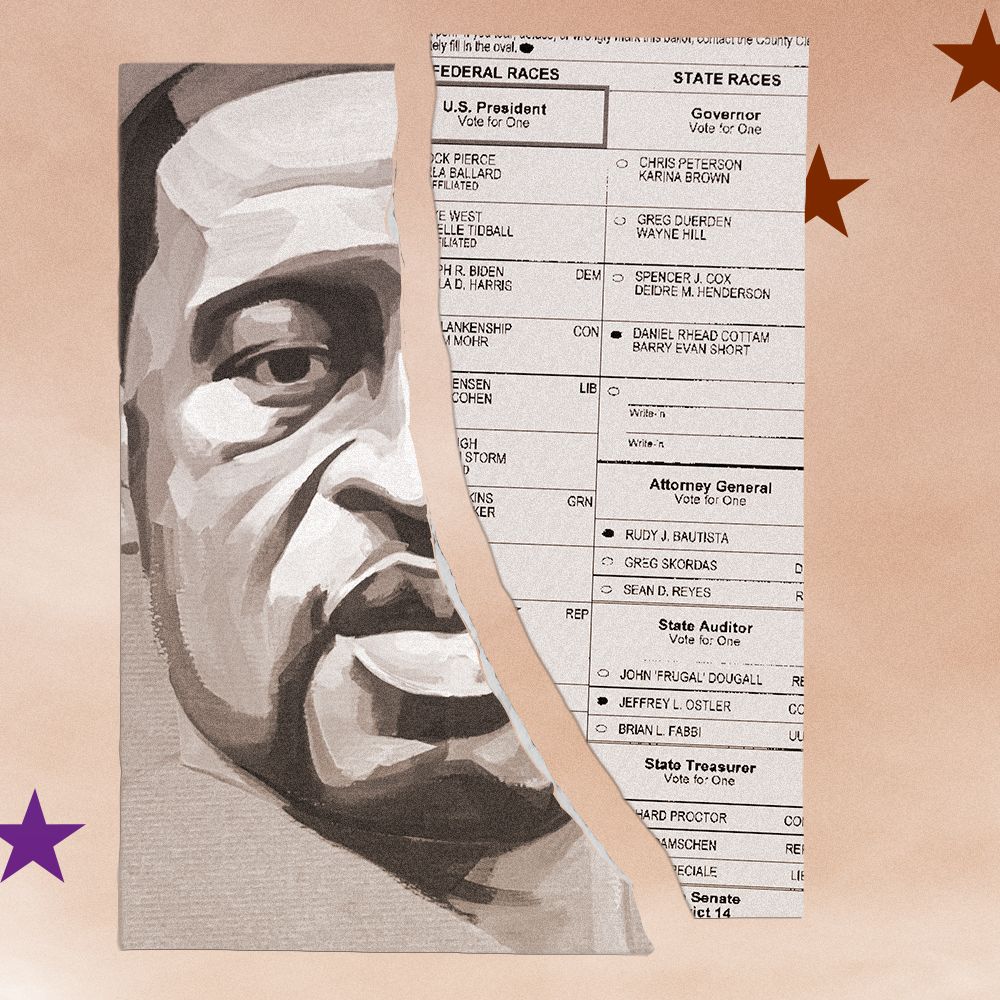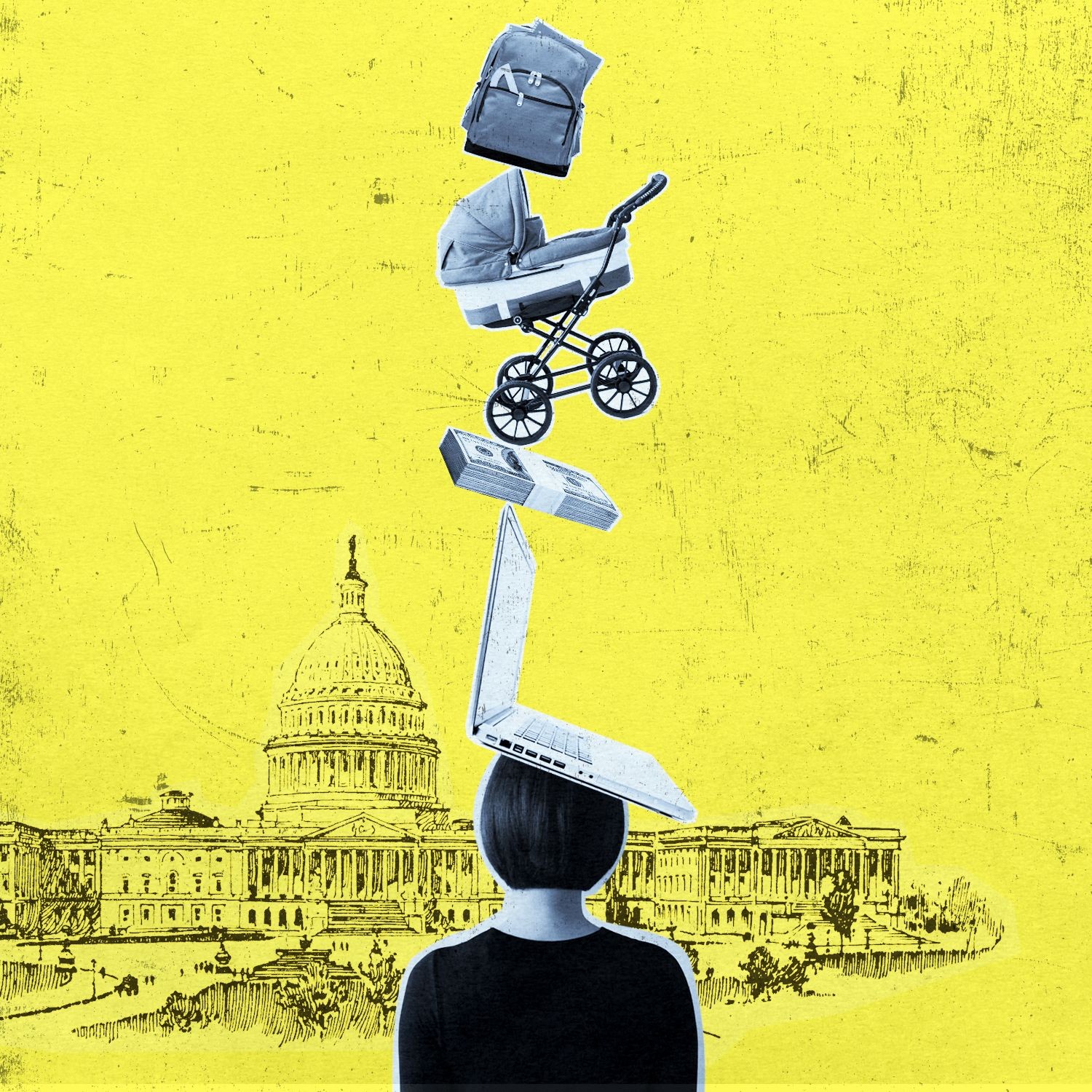Today, on Human Rights Day, the U.S. Must Abolish Child Marriage
In all but six states, American adults can marry people aged 17 and younger.

More than 70 years ago, December 10 was established as Human Rights Day by the UN General Assembly to commemorate the adoption of the Universal Declaration of Human Rights. This milestone document paved the way for the Declaration of the Rights of the Child and the Convention on the Rights of the Child (CRC), both of which seek to protect children from sexual exploitation and other forms of abuse, including child marriage. These international frameworks provide critical tools to protect children at a time in history when they are desperate for help.
One of the many terrible consequences of the COVID-19 pandemic that we’re all still living through is the increase in abuse it has fomented. Attempts to mitigate the pandemic’s reach through school closures and social isolation have placed the most vulnerable children at an even higher risk of child marriage and other forms of sexual violence. According to a new World Health Organization (WHO) statement on the socio-economic impact of COVID-19, “children are more prone to maltreatment and sexual violence, adolescent pregnancy, and child marriage” than they were before the pandemic. Prior to our current global public health crisis, UNICEF predicted that more than 100 million girls worldwide would be married before they turned 18; a new report from the organization warns that an additional 10 million girls may be at risk of becoming child brides, and a recent article in the Journal of Clinical Nursing says the pandemic has raised the risk of child marriage in five main ways: interrupted education (school closures), economic shocks (economic insecurity), pregnancy (disruptions in healthcare services), death of a parent (becoming an orphan), and disruption to programs and services aiming to prevent child marriage.
Recognizing the danger that many children face, activists and legislators across the U.S. have turned their attention to protecting children from forced marriage through changes in state law. For example, in February, North Carolina lawmakers introduced companion bills in the state House and Senate seeking to raise the marriage statute from 14 to 18. The bipartisan bill, which proposed to stymie the state’s reputation as a tourist destination for child marriage, was dismantled by the state Senate. In late June, the bill was amended, and the prospective marriage age was raised to 16. The legislation, passed by the state Senate in August, still allows an adult to marry a high school sophomore in North Carolina.
This news may surprise many Americans who consider child marriage an “over there” problem. In actuality, it’s an everywhere problem.
Laws regarding age parameters for marriage vary across U.S. states. Only six states prohibit marriage before the age of 18: Delaware, Minnesota, New Jersey, Pennsylvania, Rhode Island, and, most recently, New York. In late July, New York state legislators passed a bill raising the age of marital consent to 18, effectively banning child marriage there.
For the most part, U.S. laws governing child marriage resemble that of Afghanistan, where the official minimum age of marriage for girls is 16, or 15 with parental consent—still well below the internationally recommended standard of 18.
Sonita Alizada is a 24-year-old Afghan refugee and current undergraduate at Bard College in New York who was nearly sold into marriage twice—at age 10 and again at 16. She knows child marriage is detrimental no matter where it takes place.
Stay In The Know
Get exclusive access to fashion and beauty trends, hot-off-the-press celebrity news, and more.
“When I was 10, I was too young to really understand what marriage meant. I thought it was just a game—you got new clothes and a pretty dress,” Alizada recalls. After the first marriage contract fell through, Alizada and her family escaped from Afghanistan to Iran. They were living as refugees in Tehran when another marriage was arranged for Alizada.
“When I was 16, I did not want to be sold into marriage," she says. “I thought this meant the end to the life that I had envisioned for myself.” With help from an Iranian documentary filmmaker, Alizada managed to escape to the U.S. where she is now a student and a musician. She says the change in her adopted state of New York is long overdue, and that it is “shocking” how few U.S. states have standardized 18 as the legal age of adulthood and consent.
Importantly, the U.S. remains the only UN member that hasn’t ratified the Convention on the Rights of the Child. Ratification and universal standardization of 18 as the age of adulthood—as specified in the CRC—could provide a significant roadblock for adults looking to marry children, and it could bolster the efforts of advocates who are working state by state to change the law.
Until then, the U.S. will continue to struggle to be a legitimate voice for children who have yet to claim their human rights.
Hope Ferdowsian
Hope Ferdowsian is an internal medicine, preventive medicine, and public health physician, and she is president of Phoenix Zones Initiative, which advocates for greater protections for children. She first became interested in human rights as a child when her father shared stories about the human rights abuses, including forced marriage, that he witnessed growing up in Iran.
Saryn Chorney is a journalist, multimedia storyteller, and master’s candidate at NYU working with Phoenix Zones Initiative as a consultant on children’s rights and other issues.
-
 The Shoe Trends Defining My Wardrobe Right Now
The Shoe Trends Defining My Wardrobe Right NowI can't stop wearing them.
By Nikki Ogunnaike Published
-
 Adria Arjona Smells Irresistibly Delicious Courtesy of This $48 Hair Oil
Adria Arjona Smells Irresistibly Delicious Courtesy of This $48 Hair OilPlus the makeup routine that helps her feel "like a rebel."
By Ariel Baker Published
-
 Princess Anne's Unexpected Suggestion About Mike Tindall's Nose
Princess Anne's Unexpected Suggestion About Mike Tindall's Nose"Princess Anne asked me if I'd have the surgery."
By Amy Mackelden Published
-
 By Going Full "Trad Wife," Republicans Are Saying the Quiet Part Out Loud
By Going Full "Trad Wife," Republicans Are Saying the Quiet Part Out LoudSen. Katie Britt was picked to deliver the State of the Union rebuttal "as a housewife, not just a senator," one GOP lawmaker said.
By Danielle Campoamor Published
-
 Tammy Duckworth: 'I’m Mad as Hell' About the Lack of Federal Action on Gun Safety
Tammy Duckworth: 'I’m Mad as Hell' About the Lack of Federal Action on Gun SafetyThe Illinois Senator won't let the memory of the Highland Park shooting just fade away.
By Sen. Tammy Duckworth Published
-
 Justice Clarence Thomas: LGBTQ+ Rights and Contraception Are Next
Justice Clarence Thomas: LGBTQ+ Rights and Contraception Are Next"We should reconsider all of the Court's substantive due process precedents..."
By Jenny Hollander Published
-
 Current Gun Control Policies Are Ableist
Current Gun Control Policies Are Ableist"Solutions" like active shooter drills and arming more people put the rights of gun owners above the rights of America's most vulnerable, including disabled people like myself.
By Heather Tomko Published
-
 Sex Trafficking Victims Are Being Punished. A New Law Could Change That.
Sex Trafficking Victims Are Being Punished. A New Law Could Change That.Victims of sexual abuse are quietly criminalized. Sara's Law protects kids that fight back.
By Dr. Devin J. Buckley and Erin Regan Published
-
 It’s Time to End Equal Pay Days and Pass the Equal Rights Amendment
It’s Time to End Equal Pay Days and Pass the Equal Rights AmendmentThe passage of the ERA is a chance for our country to prove it truly values women.
By Hala Ayala Published
-
 One Year Later, We Must Remember George Floyd's Legacy
One Year Later, We Must Remember George Floyd's LegacyVirginia gubernatorial candidate Jennifer Carroll Foy has experienced America's two-tiered system firsthand. Here, what she believes is needed in the continuing fight for racial justice.
By Jennifer Carroll Foy Published
-
 Paid Leave for All Is Necessary for Our Country to Recover
Paid Leave for All Is Necessary for Our Country to RecoverAmanda Brown Lierman and Dawn Huckelbridge argue that passing a comprehensive paid leave plan is imperative to supporting women in the workplace—and America's economic future.
By Amanda Brown Lierman Published